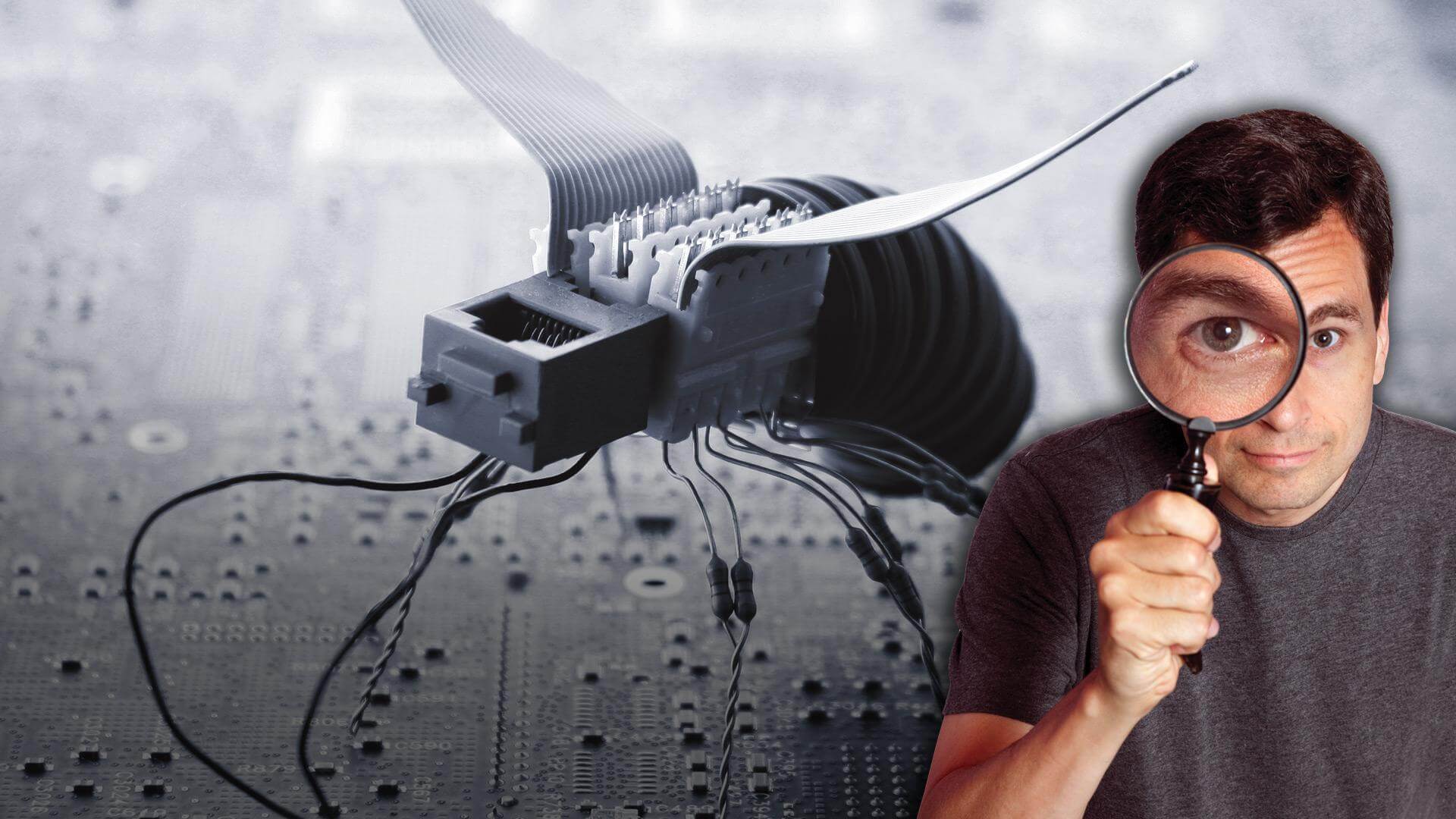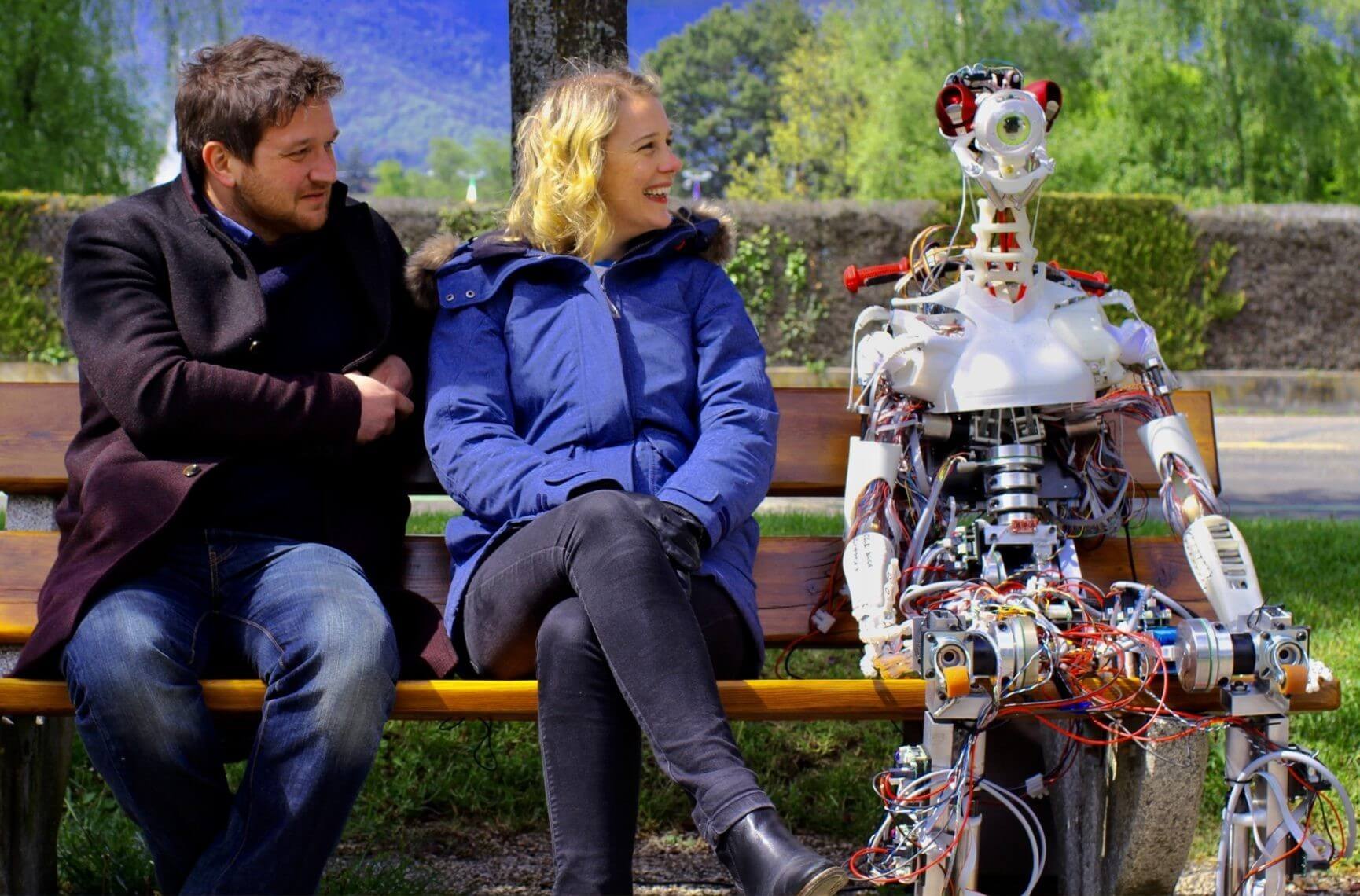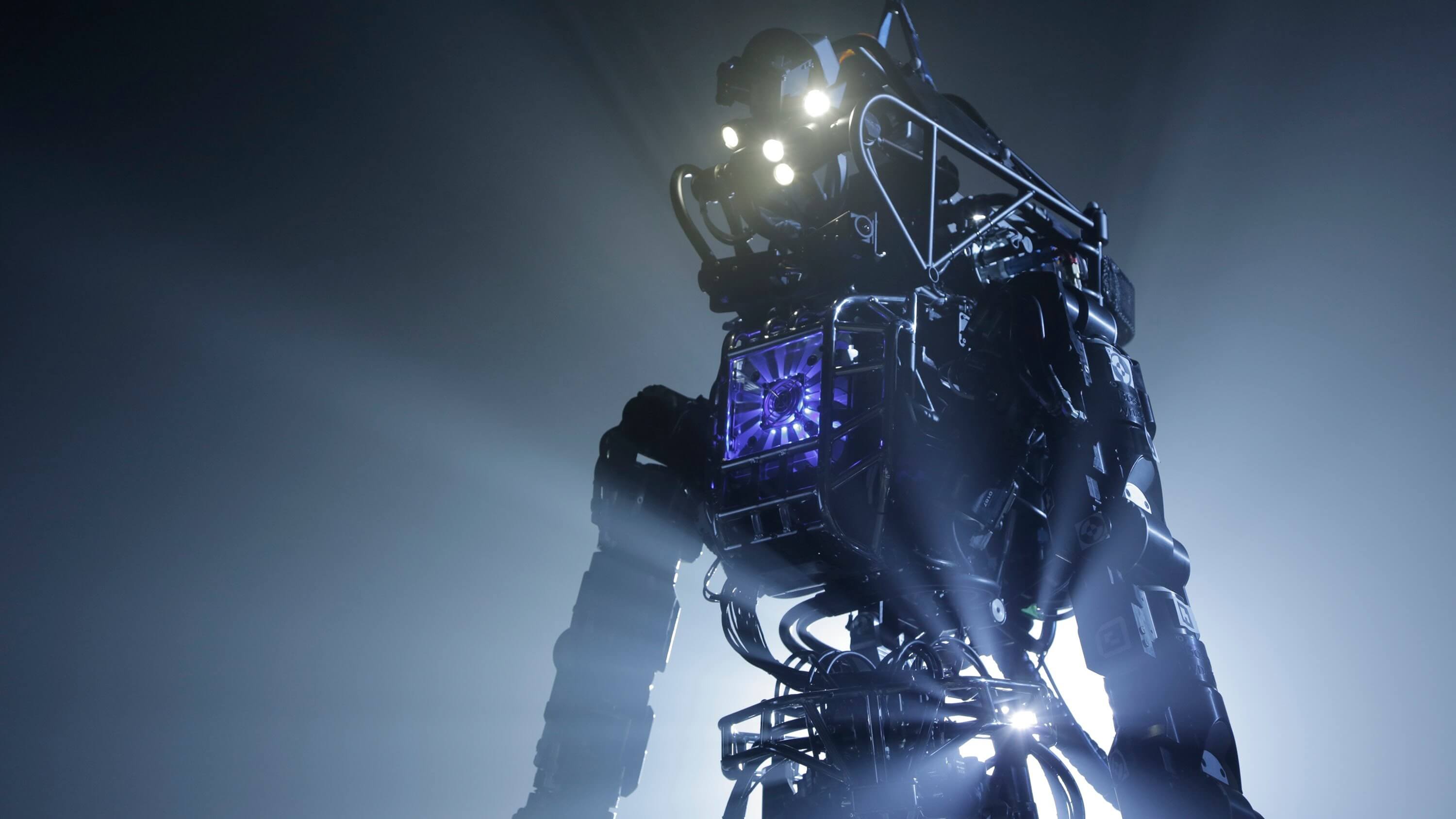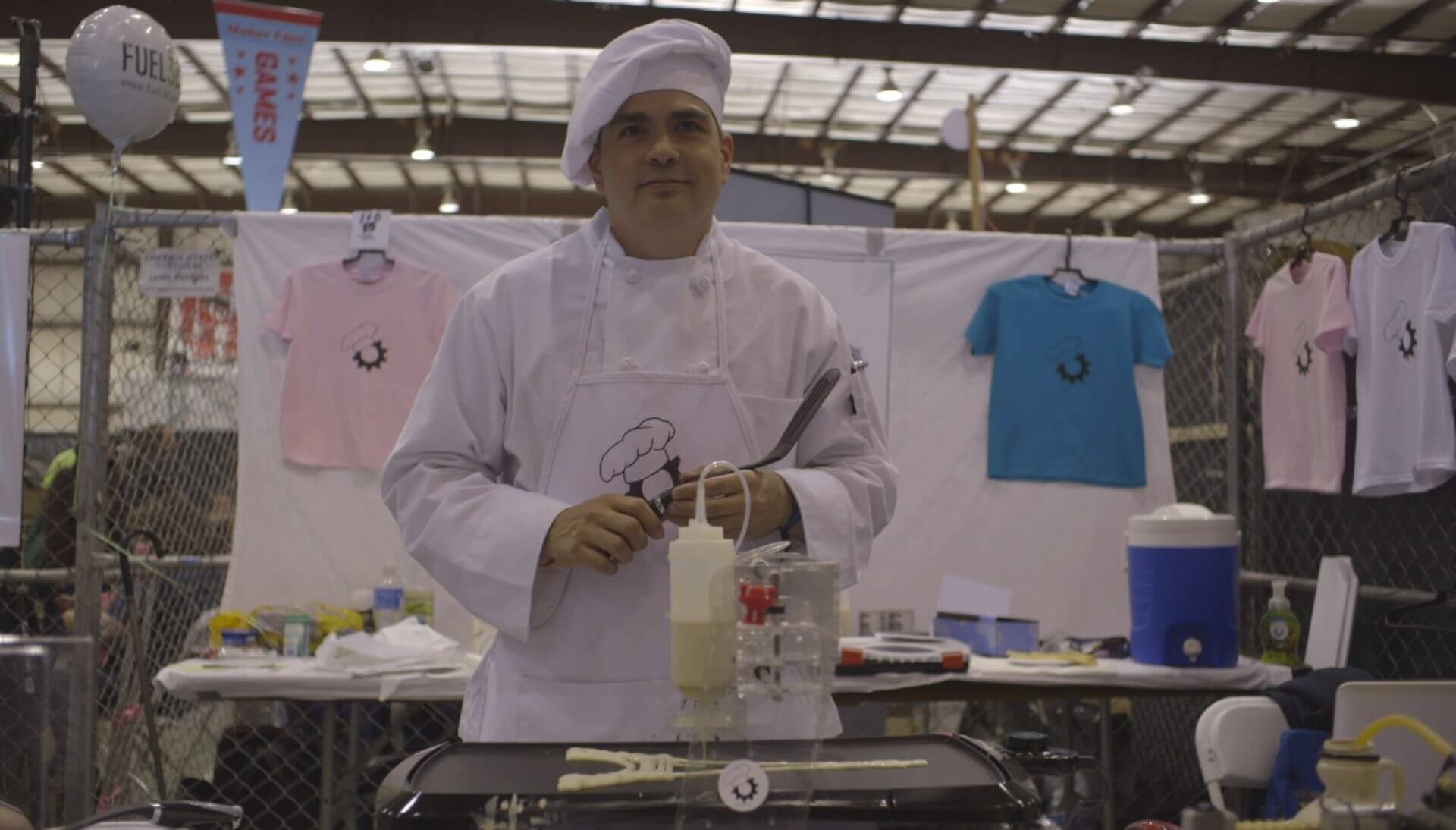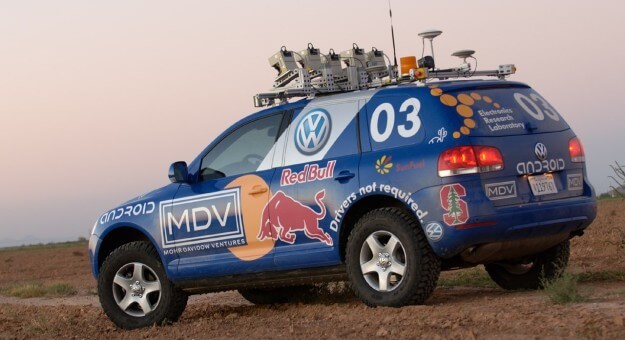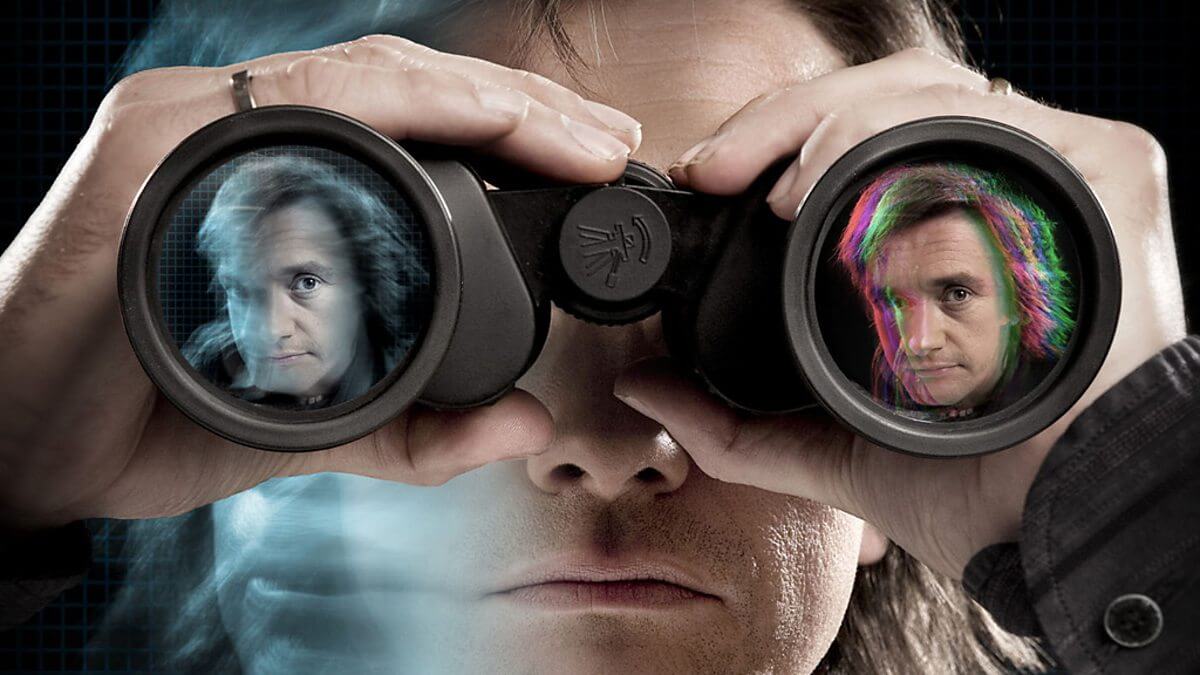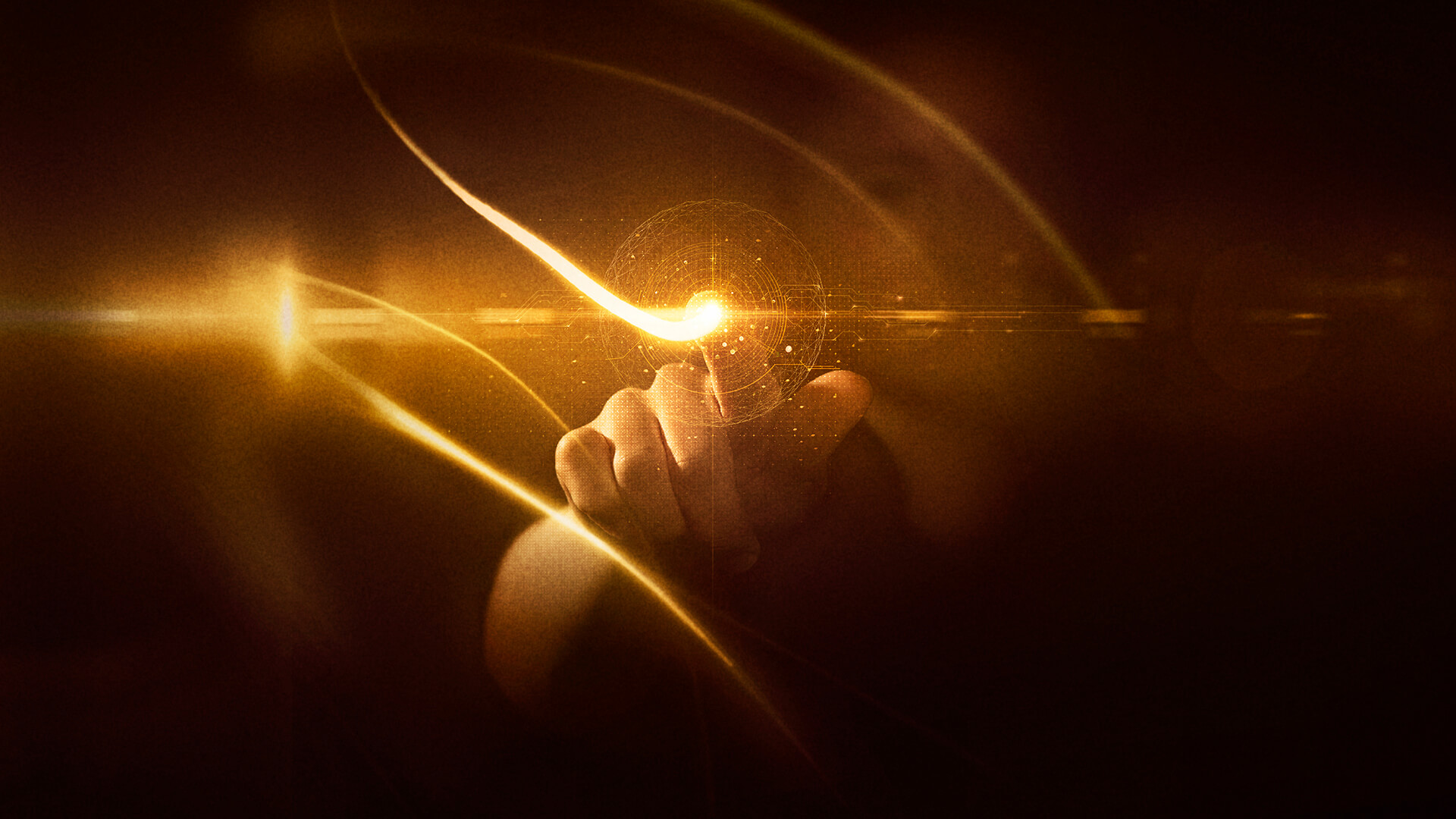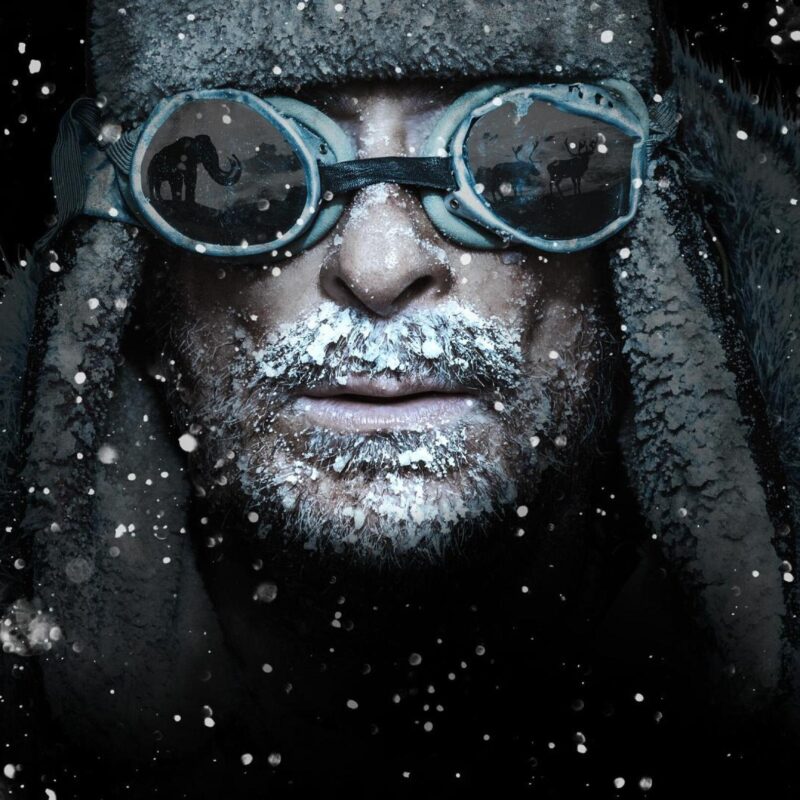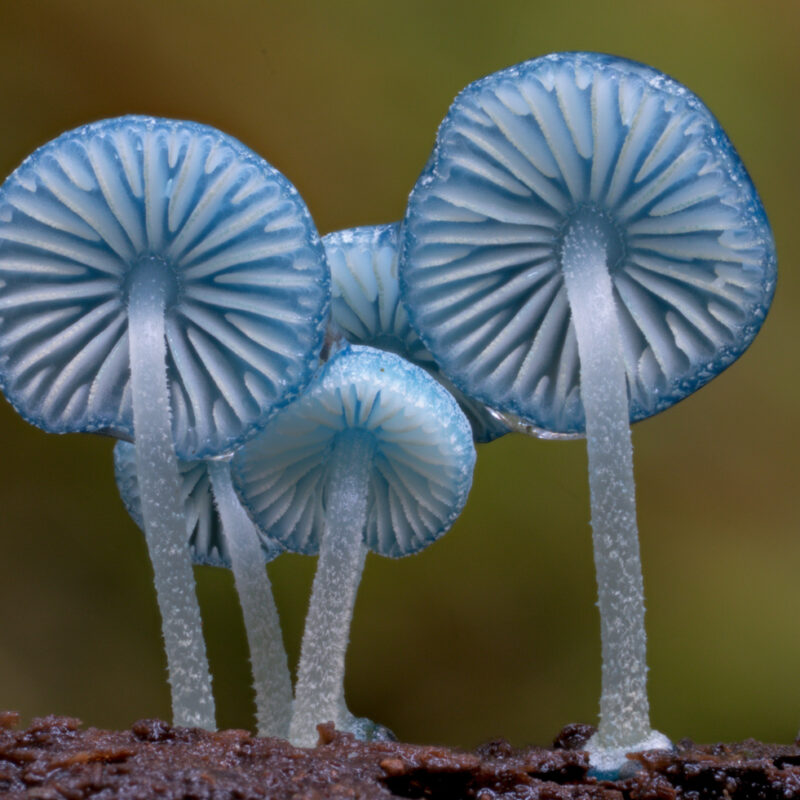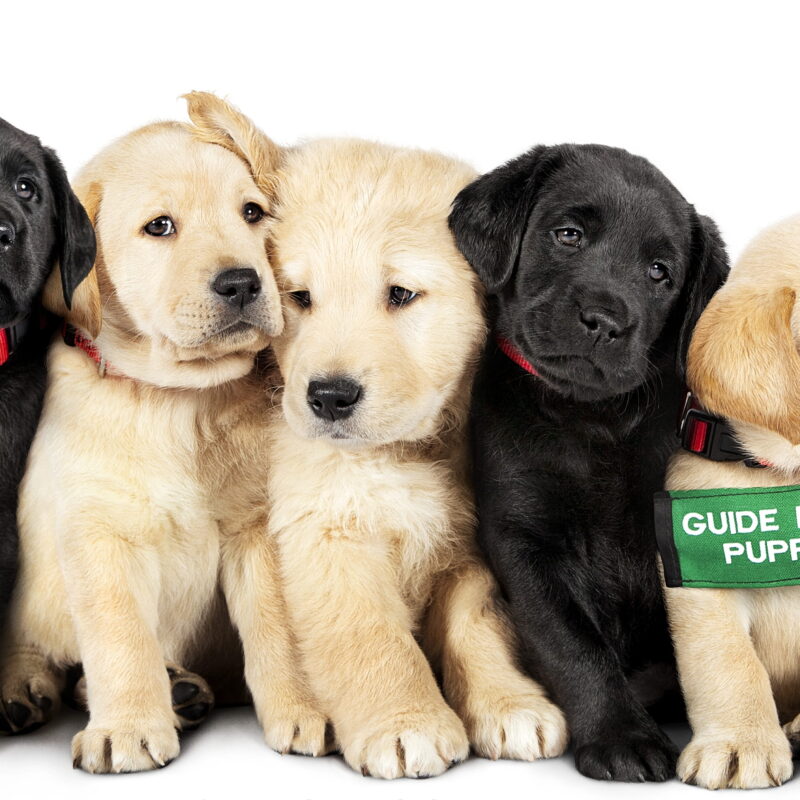description:
Invisibility cloaks. Spider silk that is stronger than steel. Plastics made of sugar that dissolve in landfills. Self-healing military vehicles. Smart pills and micro-robots that zap diseases. Clothes that monitor your mood. What will the future bring, and what will it be made of? In NOVA’s eight-hour series, “Making Stuff,” popular New York Times technology reporter David Pogue takes viewers on a fun-filled tour of the material world we live in, and the one that may lie ahead.
Get a behind-the-scenes look at scientific innovations ushering in a new generation of materials that are stronger, smaller, cleaner, and smarter than anything we’ve ever seen.
episodes:
season 1
01. Stronger
What is the strongest material in the world? Is it steel, Kevlar, carbon nanotubes, or something entirely new? NOVA kicks off the four-part series “Making Stuff” with a quest for the world’s strongest substances. Host David Pogue takes a look at what defines strength, examining everything from steel cables to mollusk shells to a toucan’s beak. Pogue travels from the deck of a U.S. naval aircraft carrier to a demolition derby to the country’s top research labs to check in with experts who are re-engineering what nature has given us to create the next generation of strong stuff.
02. Smaller
How small can we go? Could we one day have robots taking “fantastic voyages” in our bodies to kill rogue cells? The triumphs of tiny are seen all around us in the Information Age: transistors, microchips, laptops, cell phones. Now, David Pogue takes NOVA viewers to an even smaller world in “Making Stuff: Smaller,” examining the latest in high-powered nano-circuits and micro-robots that may one day hold the key to saving lives.
03. Cleaner
Can innovations in materials science help clean up our world? In “Making Stuff: Cleaner,” David Pogue explores the rapidly developing science and business of clean energy and examines alternative ways to generate it, store it, and distribute it. Is hydrogen the way to go? What about lithium batteries? Does this solve an energy problem or create a new dependency? Pogue investigates the latest developments in bio-based fuels and in harnessing solar energy for our cars, homes, and industry in a program full of the stuff of a sustainable future.
04. Smarter
“Making Stuff: Smarter” looks at materials that respond to their environments and even learn, such as an airplane wing that changes shape as it flies. Scientists are turning to nature in developing such “smart” stuff. Sharkskin, for instance, has inspired a substance that, when sprayed in hospitals, could eliminate antibiotic-resistant bacteria. David Pogue visits a scientist who has even created a material that can render objects invisible. “Smarter” concludes with a vision of the ultimate in “life-like” stuff: programmable matter that could create a duplicate of a humanbeing.
season 2
01. Faster
Ever since humans stood on two feet we have had the basic urge to go faster. But are there physical limits to how fast we can go? David Pogue wants to find out, and in “Making Stuff Faster,” he’ll investigate everything from electric muscle cars and the America’s cup sailboat to bicycles that smash speed records. Along the way, he finds that speed is more than just getting us from point A to B, it’s also about getting things done in less time. From boarding a 737 to pushing the speed light travels, Pogue’s quest for ultimate speed limits takes him to unexpected places where he’ll come face-to-face with the final frontiers of speed.
02. Wilder
What happens when scientists open up nature’s toolbox? In “Making Stuff Wilder,” David Pogue explores bold new innovations inspired by the Earth’s greatest inventor, life itself. From robotic “mules” and “cheetahs” for the military, to fabrics born out of fish slime, host David Pogue travels the globe to find the world’s wildest new inventions and technologies. It is a journey that sees today’s microbes turned into tomorrow’s metallurgists, viruses building batteries, and ideas that change not just the stuff we make, but the way we make our stuff. As we develop our own new technologies, what can we learn from billions of years of nature’s research?
03. Colder
Cold is the new hot in this brave new world. For centuries we’ve fought it, shunned it, and huddled against it. Cold has always been the enemy of life, but now it may hold the key to a new generation of science and technology that will improve our lives. In “Making Stuff Colder,” David Pogue explores the frontiers of cold science from saving the lives of severe trauma patients to ultracold physics, where bizarre new properties of matter are the norm and the basis of new technologies like levitating trains and quantum computers.
04. Safer
The world has always been a dangerous place, so how do we increase our odds of survival? In “Making Stuff Safer,” David Pogue explores the cutting-edge research of scientists and engineers who want to keep us out of harm’s way. Some are countering the threat of natural disasters with new firefighting materials and safer buildings. Others are at work on technologies to thwart terrorist attacks. A next-generation vaccine will save millions from deadly disease. And innovations like smarter cars and better sports gear will reduce the risk of everyday activities. We’ll never eliminate danger—but science and technology are making stuff safer.

